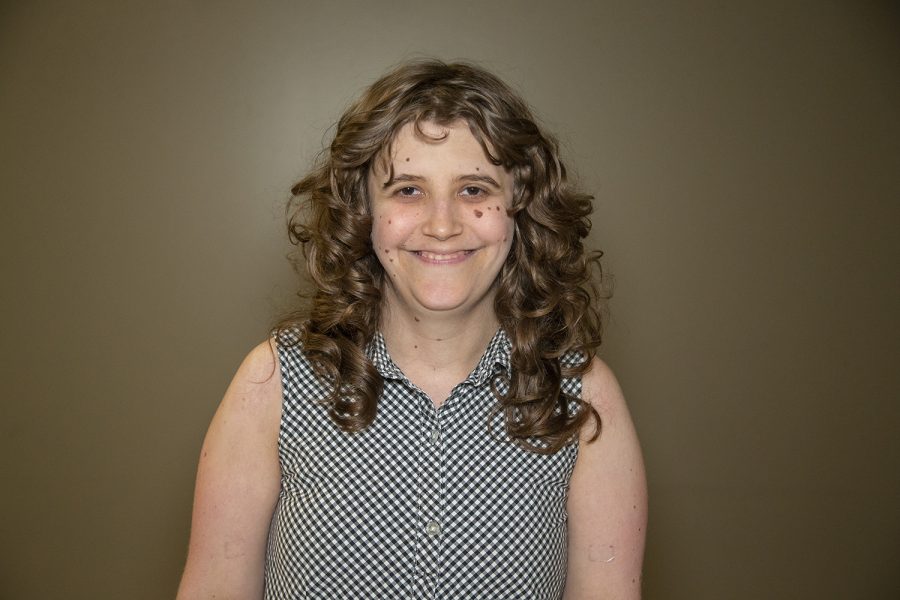Opinion: To protect people like me, abortions because of disability shouldn’t be allowed
My own experience with genetic disease informs my view of the debate over terminated pregnancies.
February 27, 2020
During a conversation with a friend, I said abortion is not a political nor religious issue to me. As someone with a genetic disease, it is a personal one — I might not have been born because of a woman’s ability to get an abortion.
Planned Parenthood founder Margaret Sanger wrote an essay agreeing with eugenicists that the “unfit” are “the greatest present menace to civilization,” according to New York University records of her writings.
While I struggled to find statistics on all genetic diseases and abortion, it is not a secret that some pregnancies are terminated because the fetus has a genetic disease.
As someone born with Turner syndrome, nobody in my life sees me as a menace. I used to think if everyone knew, I wouldn’t be viewed like everyone else. The fact that I feel safe publicly sharing this information shows how much progress society has made and how much I’ve grown.
Instead of seeing my disability as something wrong with me, I started seeing it as part of my story; it’s not something that changed who I was. I realized I am the same person I was before I got diagnosed.
Instead of thinking my disability weakens me, I started focusing on my ability. Turner syndrome isn’t something people can use against me, and I’ve realized who value me would never do so.
Aborting fetuses with genetic diseases sends the wrong message. If I believed I should have been aborted because of my genetic disorder, I never would have experienced one of the best mornings of my life.
I believe my right and the right of others like me to live, something which affects our whole lives, is greater than that of women to control their bodies for less than a year.
People who are pro-choice argue that this isn’t a debate about humanity. Of course, people with genetic diseases have humanity now — we’ve been born. But in the womb — when we would have been aborted — we were fetuses and therefore without rights.
This would have prevented me and those like me from becoming people. The earliest a woman can take a test to see if her baby has a genetic disease is 10 to 12 weeks into her pregnancy. By that point, the baby can squint and grimace because eyes and ears move into place.
I believe fetuses having the ability to do what people do makes them human.
Like many people who are pro-life, I believe women should have the option to end the pregnancy in life or death situations for the prospective mother.
Some would argue avoiding potential pain justifies aborting fetuses who have disabilities. For anyone believing this — if they have a disability — I can personally guarantee society viewing our lives as not worth living is a bigger obstacle than the genetic disease itself.
My life is worth living not despite my Turner syndrome, but because of it. It doesn’t stop me from being a normal and happy college student. It doesn’t stop me from having value as a person and doing something worthwhile. Abortion, however, would have.
This is true for all people with genetic diseases. Instead of believing that babies who have them need to be aborted, society should realize their humanity.
Columns reflect the opinions of the authors and are not necessarily those of the Editorial Board, The Daily Iowan, or other organizations in which the author may be involved.






